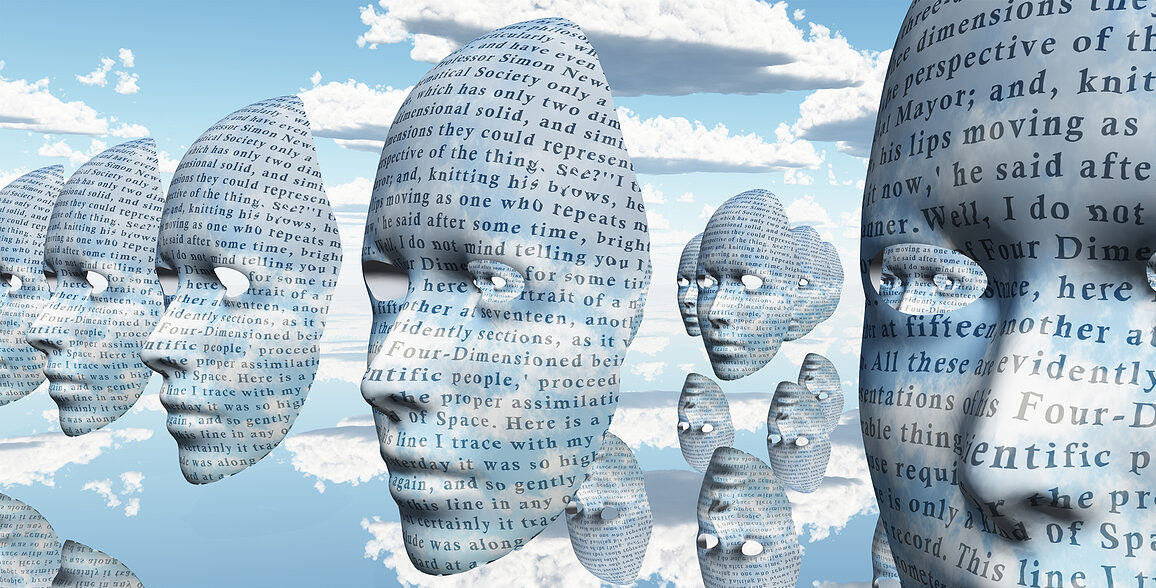
Is human germline editing compatible with human dignity?
Human germline editing, whether it is for health reasons or for the more ambitious project of Transhumanism, is intensely controversial. International bioethics agreements ban or discourage it, but there is growing interest in its purported medical and commercial benefits.
In a recent issue of The New Bioethics, Calum MacKellar, of the Scottish Council on Human Bioethics, argued that it is utterly incompatible with equality in an inclusive society. People with disabilities would inevitably be devalued. It violates a foundational commitment in the UN’s Universal Declaration of Human Rights to ensure that “All human beings are born … equal in dignity and rights”.
it is difficult to see how heritable genome editing can ever be seen as ethically acceptable by a pro-equality, inclusive society. This is because such a civilized society will always seek to consider all individuals with or without heritable biological disabilities or differences – variations which will never disappear – as inherently equal in value and in worth.
The video below neatly summarises his concerns in two minutes.
More Stories
Contradictory attitudes towards people with Down syndrome
March 21st was World Down Syndrome day. The event is supposed to foster awareness of Trisomy 21, as the condition...
DNA analysis shows that prehistoric people treated disabled children with respect
In ancient cultures some children were born with Down syndrome and other genetic disorders. But our prehistoric forebears treated them...
FDA approves first gene-editing therapy
The Food and Drug Administration (FDA) recently approved Casgevy (exagamglogene autotemcel), the first cell-based gene-editing therapy to utilise the CRISPR/Cas9 system (CRISPR)...
Crisis in research: if Harvard isn’t safe from fraud, who is?
The president of Harvard, Claudine Gay, was forced to step down last month because of allegations of plagiarism. Not long...
Israel – Hamas war: medics are dying in Gaza
In the latest news from the war in Palestine, a dozen Israeli commandos entered the Ibn Sina hospital in the...
What is the real story of rape pregnancies after Dobbs?
Sometimes it seems that the precision of statistics is inversely proportion to their reliability. A widely reported research letter to...
